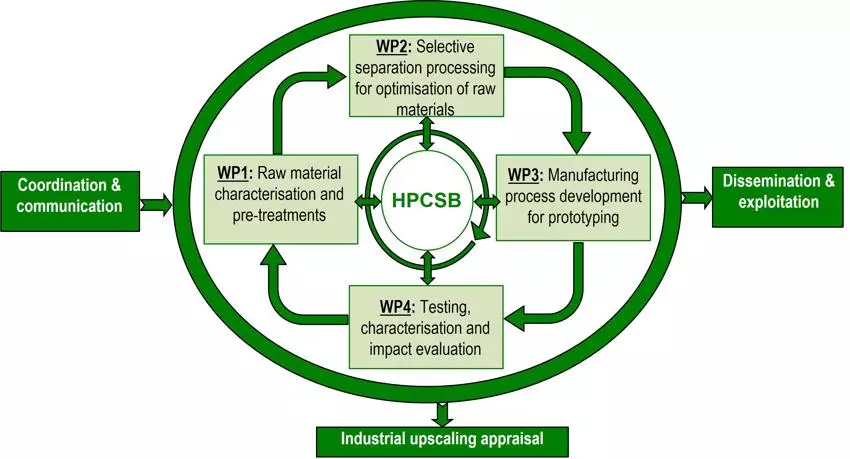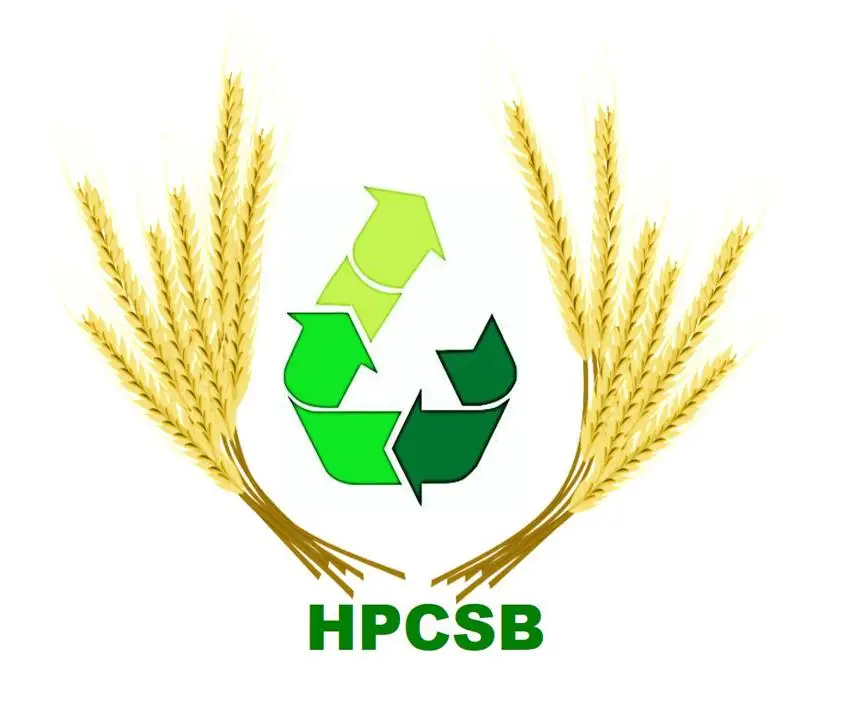High Performance Compressed Straw Board (HPCSB)
Our project looks at producing super-strength straw building materials that compare favourably with more conventional options. Whilst Compressed Strawboards (CBS) aren’t new, the new project, funded by £300,000 from the Engineering & Physical Sciences Research Council, aims to increase their strength by over 50% by removing defects from the raw materials. At present, up to 10 million tonnes of straw is ploughed back into the land or put to low-grade each year, but researchers now hope this figure can be significantly reduced by ‘upcycling’ it into building materials.
We aim to significantly increase the performance of strawboard by focusing in on the details of the raw materials and this includes mechanical, physical, chemical and surface properties which play a crucial role in the product performance.
Our previous research identified the defects that can undermine the strength of the straw as a building material, and the new research will begin to develop novel ways to removing these defects. One of the focuses of the HPCSB project is to develop an efficient and industrially feasible method of removing these defects from straw.
The removal of straw’s defects and the modification of its surface will increase the performance of CSBs. Straw offers a number of advantages over the more traditional wood, as it’s faster growing time makes it much more rapidly renewable, but at present its comparative weakness means it’s rarely used.
Our research is needed to bridge the performance gap between CSBs and conventional building products. This needs to be driven by a combination of creative design, focused academic research, applied technology and stakeholder collaboration/engagement.


Meet the Principal Investigator(s) for the project
Related Research Group(s)
Resilient Structures and Construction Materials - RIMS research group brings together material scientists and structural engineers to deliver resilient infrastructure (buildings, bridges etc.) made of sustainable, advanced materials to perform under harsh natural environment and human-induced hazards.
Partnering with confidence
Organisations interested in our research can partner with us with confidence backed by an external and independent benchmark: The Knowledge Exchange Framework. Read more.
Project last modified 13/11/2023